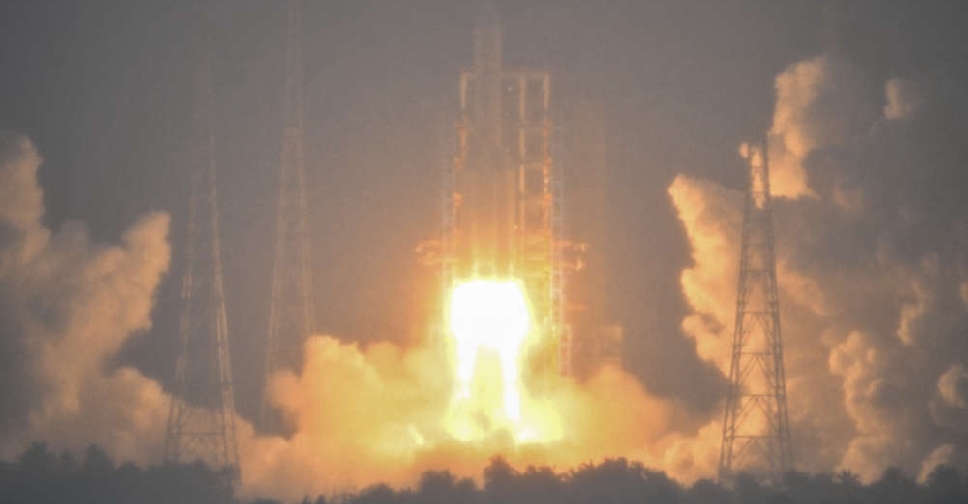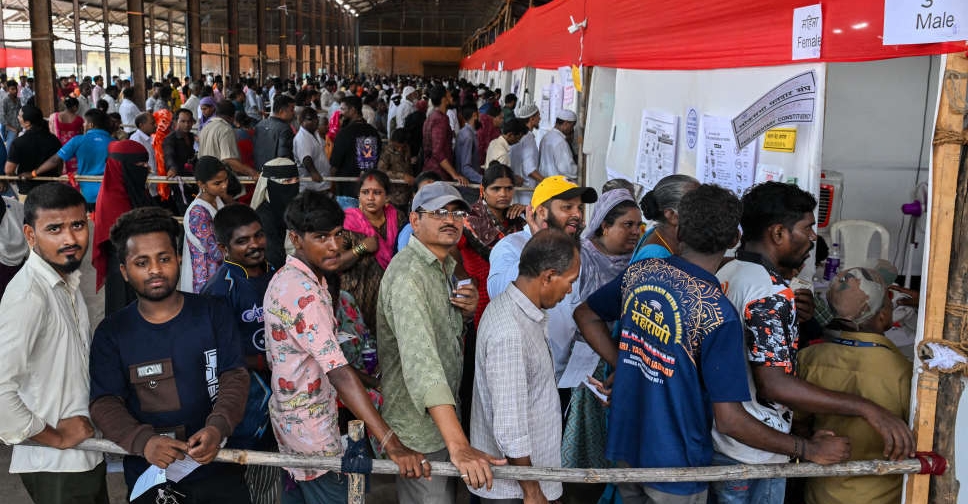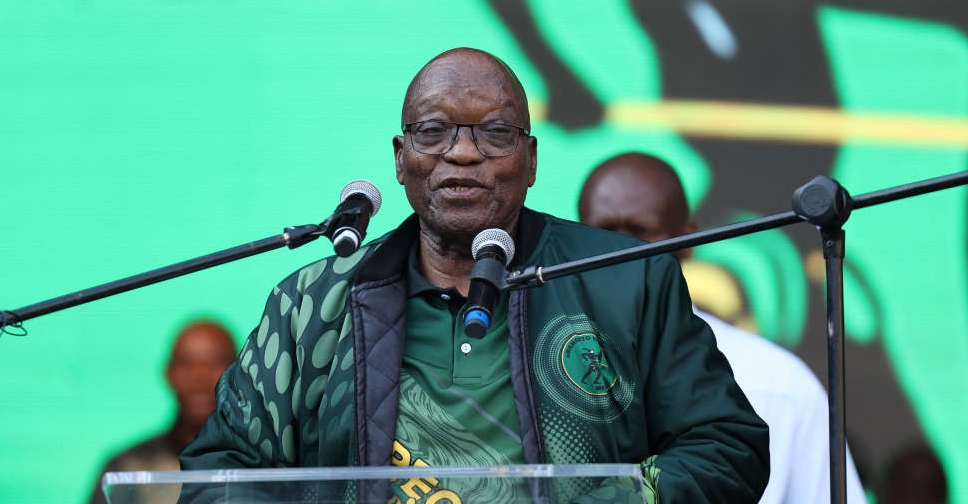
China on Friday launched an uncrewed spacecraft on a nearly two-month mission to retrieve rocks and soil from the far side of the moon, the first country to make such an ambitious attempt.
The Long March-5, China's largest rocket, blasted off at 5:27 pm Beijing time (0927 GMT) from Wenchang Space Launch Centre on the southern island of Hainan with the more than 8 metric tonne Chang'e-6 probe.
Chang'e-6 is tasked with landing in the South Pole-Aitken Basin on the far side of the moon, which perpetually faces away from the Earth, after which it will retrieve and return samples.
The launch marks another milestone in China's lunar and space exploration programme.
"It is a bit of a mystery to us how China has been able to develop such an ambitious and successful programme in such a short time," said Pierre-Yves Meslin, a French researcher working on one of the scientific objectives of the Chang'e-6 mission.
In 2018, Chang'e-4 gave China its first unmanned moon landing, also on the far side. In 2020, Chang'e-5 marked the first time humans retrieved lunar samples in 44 years, and Chang'e-6 could make China the first country to retrieve samples from the moon's "hidden" side.
FOREIGN PAYLOADS
The launch was attended by scientists, diplomats and space agency officials from France, Italy, Pakistan, and the European Space Agency, all of which have moon-studying payloads aboard Chang'e-6.
But no US organisations applied to get a payload spot, according to Ge Ping, deputy director of the China National Space Administration's (CNSA) Lunar Exploration and Space Program.
China is banned by US law from any collaboration with the American space agency NASA.
"The far side of the moon has a mystique perhaps because we literally can't see it, we have never seen it apart from with robotic probes or the very few number of humans that have been around the other side," said Neil Melville-Kenney, a technical officer at ESA working with Chinese researchers on one of the Chang'e-6 payloads.
After the probe separates from the rocket, it will take four to five days to reach the moon's orbit. In early June a few weeks later, it will land.
Once on the moon, the probe will spend two days digging up 2 kg of samples before returning to Earth, where it is expected to land in Inner Mongolia.
The window for the probe to collect samples on the far side is 14 hours, compared to 21 hours for the near side.
The samples brought back by Chang'e-5 allowed Chinese scientists to uncover new details about the moon, including more accurately dating the timespan of volcanic activity on the moon, as well as a new mineral.
Ge said the scientific value of Chang'e-6 lay in the geological age of the South Pole-Aitken Basin, which his team estimated was about 4 billion years, much older than the samples previously brought back by the Soviet Union and the United States, which were about 3 billion years old, as well as the 2-billion-year-old samples from Chang'e-5.
LUNAR BASE
Besides uncovering new information about the celestial body closest to Earth, Chang'e-6 is part of a long-term project to build a permanent research station on the moon: the China and Russia-led International Lunar Research Station (ILRS).
The construction of such a station would provide an outpost for China and its partners to pursue deep space exploration.
"We know that the moon may have resources that could become useful in the future, so the European Space Agency, NASA, the Chinese agency and others around the world are going to the moon," said James Carpenter, head of the ESA's lunar science office.
"Part of the rationale is to understand those resources," Carpenter said.


 Iranian President Raisi killed in helicopter accident, state media says
Iranian President Raisi killed in helicopter accident, state media says
 Israel intends to broaden Rafah sweep, Defence Minister tells US
Israel intends to broaden Rafah sweep, Defence Minister tells US
 New Taiwanese president calls on China to stop threats
New Taiwanese president calls on China to stop threats
 India votes in fifth phase of elections
India votes in fifth phase of elections
 South Africa's ex-leader Zuma barred from running for parliament
South Africa's ex-leader Zuma barred from running for parliament




